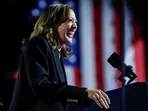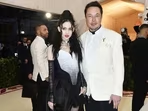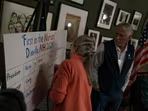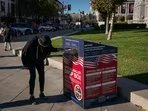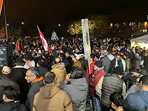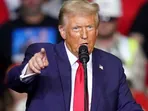South Africa set for new coalition government as the late Nelson Mandela's ANC is forced to share power
Johannesburg — After talks that carried on late into Thursday night, Friday morning brought news that South Africa would soon have its first coalition government. Uncertainty had reigned since the late Nelson Mandela's party, the long-ruling African National Congress, lost its majority in May's national election.
The ANC said Thursday that it would partner with other political parties to form a Government of National Unity —similar to the route Mandela himself chose after the historic election that brought him to power as the country's first democratically elected president in 1994. But who would join the ANC, now led by incumbent President Cyril Rampaphosa, remained unclear until late Friday morning.
In the end, it wasn't a deal for a unity government that emerged, but a coalition between the ANC and its biggest rivals, the Democratic Alliance party, as well as several other smaller parties who received a much smaller share of May's vote. The deal was announced on Friday morning as new and returning lawmakers were being sworn into their roles in the parliament.
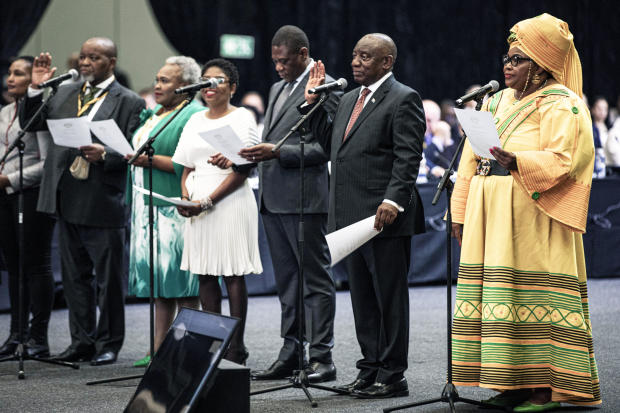
The DA agreed to support Ramaphosa's election to a second term as president, with an ANC leader as Speaker of the Parliament and a DA leader as Deputy Speaker. The rest of the details, and ministerial positions, were still being finalized.
Earlier, the ANC had announced that several parties would form a government of national unity, including the Democratic Alliance and the Economic Freedom Front, prompting some critics to say the ANC was working with "white parties." EFF leader Julius Malema, whose party won 9% of the vote, had said earlier that his party would not join a unity government with the former "oppressor parties."
The controversy was addressed late Thursday night by ANC Secretary General Fikile Mbalula, who told journalists: "To us it doesn't matter whether the cat is black or white… The question is how do we move the country forward."
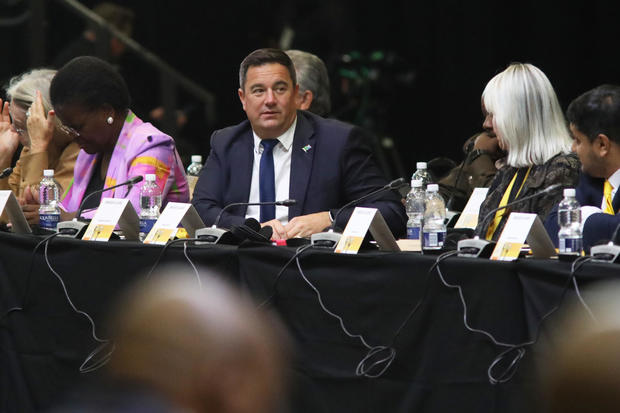
The DA, the main opposition party, has been favored by South African business leaders and won the second highest number of votes nationally, at close to 22%. Its leadership had said earlier that they would not join any unity government that included the EFF.
The MK Party of former President Jacob Zuma, a fierce critic of Ramaphosa, which swept to a surprise third place in last month's national election, said it would not work with the ANC if the incumbent remained its leader.
Zuma has a long history of acrimony with Ramaphosa, who was elected president of the ANC after it ousted Zuma as a member over multiple corruption charges, which he has always denied, claiming to be a victim of wrongful persecution.
- In:
- Africa
- South Africa
- Nelson Mandela
- Election

Sarah Carter is an award-winning CBS News producer based in Johannesburg, South Africa. She has been with CBS News since 1997, following freelance work for organizations including The New York Times, National Geographic, PBS Frontline and NPR.
TwitterDisclaimer: The copyright of this article belongs to the original author. Reposting this article is solely for the purpose of information dissemination and does not constitute any investment advice. If there is any infringement, please contact us immediately. We will make corrections or deletions as necessary. Thank you.
Title:South Africa set for new coalition government as the late Nelson Mandela's ANC is forced to share power
Url:https://www.investsfocus.com


